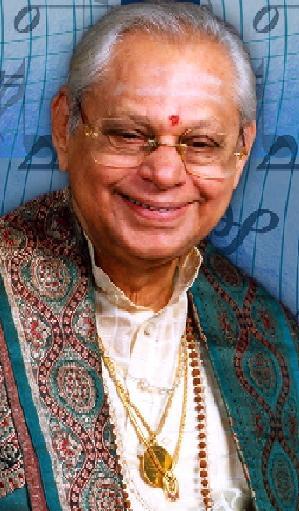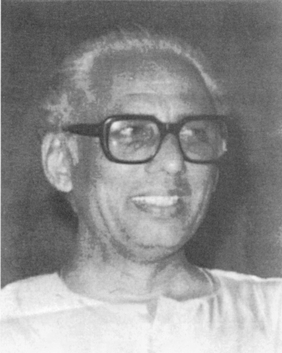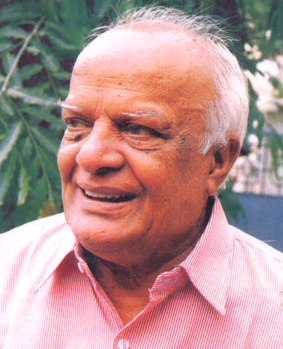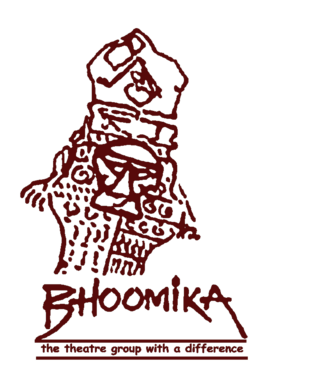
Yakshagana is a traditional theatre, developed in Dakshina Kannada, Udupi, Uttara Kannada, Shimoga and western parts of Chikmagalur districts, in the state of Karnataka and in Kasaragod district in Kerala that combines dance, music, dialogue, costume, make-up, and stage techniques with a unique style and form. It is believed to have evolved from pre-classical music and theatre during the period of the Bhakti movement. It is sometimes simply called "Aata" or āṭa. This theatre style is mainly found in coastal regions of Karnataka in various forms. Towards the south from Dakshina Kannada to Kasaragod of Tulu Nadu region, the form of Yakshagana is called Thenku thittu and towards the north from Udupi up to Uttara Kannada it is called Badaga thittu. Both of these forms are equally played all over the region.(Not sure about this one but) Yakshagana is traditionally presented from dusk to dawn. Its stories are drawn from Ramayana, Mahabharata, Bhagavata and other epics from both Hindu and Jain and other ancient Indic traditions.

Babukodi Venkataramana Karanth widely known as B. V. Karanth was an Indian film director, playwright, actor, screenwriter, composer, and dramatist known for his works in the Kannada theatre, Kannada cinema, and Hindi cinema. One of the pioneers of the Parallel Cinema, Karanth was an alumnus of the National School of Drama (1962) and later, its Director. He received the Sangeet Natak Akademi Award (1976), six National Film Awards, and the civilian honor Padma Shri for his contributions towards the field of art.

Sangeet Natak Akademi is the national level academy for performing arts set up by the Government of India.

Telugu theatre is Indian theatre in the Telugu language, based in the states of Andhra Pradesh and Telangana. Gurajada Apparao wrote the play, Kanyasulkam in 1892, which is often considered the greatest play in the Telugu language. C. Pullaiah is cited as the father of Telugu theatre movement.

Mahamahopadhyaya Dr. Nookala Chinna Satyanarayana was a Carnatic musician, a classical vocalist, musicologist, author and teacher, a great administrator and motivator. He was a performer on All India Radio and Doordarshan who participated in Sangeeta Sammelans, outdoor broadcasts and national programmes innumerable times. His radio lessons and Bhakti Ranjanis were very popular. He was awarded Padma Bhushan award by the Government of India in 2010.

Vempati Chinna Satyam was an Indian dancer and a guru of the Kuchipudi dance form.
Dharmavaram Ramakrishnamacharyulu was a Telugu dramatist and playwright from Bellary. He was known as "Andhra Nataka Pithamaha" and wrote more than 30 original plays.

Kalyanam Raghuramaiah (1901–1975), popularly known as Eelapata Raghuramaiah, was an Indian actor, and thespian known for his works in Telugu cinema, and Telugu theatre. A recipient of the Sangeet Natak Akademi Award, and the Padmashri, He was known for the roles of Krishna or Dushyantha, Bhavanisankar, Narada etc. He performed those roles for about 60 years. He indulged in elaborate raga alapana, based on different ragas while rendering padyams.
Nataraja Ramakrishna was an Indian dance guru. He was the chairman of Andhra Pradesh Sangeeta Nataka Academy. He was also a scholar and musicologist who promoted classical dance in Andhra Pradesh and worldwide.

K. Uma Rama Rao was an Indian Kuchipudi dancer, choreographer, research scholar, author and dance teacher. She was also the Founder & Director of Lasya Priya Dance Academy, established in 1985 in Hyderabad, India.

Budaguru Ramakrishnaiah Panthulu was an Indian film director, producer and actor. He is best known for directing films in Kannada, Tamil, Telugu and Hindi. His most popular films are Karnan, Veerapandiya Kattabomman, Sri Krishnadevaraya, School Master and Kittur Channamma, B. R. Panthulu, is a successful actor and converted Ma. Po. Si.'s biographic works Veerapandiya Kattabomman and Kappalottiya Thamizhan to celluloid.

Balantrapu Rajanikanta Rao was an Indian writer, composer and poet in the Telugu language. He was the son of Balantrapu Venkatarao, one of modern Telugu poet-duo "Kavi Rajahamsa" Venkata Parvateswara Kavulu. He won several national and state level awards for his work. He died in April 2018 at the age of 98.

Raja and Radha Reddy are an Indian Kuchipudi dancing couple, gurus and choreographers. They are renowned as exponents of the South Indian dance form of Kuchipudi. They founded and run the Natya Tarangini Institute of Kuchipudi Dance in New Delhi. The duo are credited with having given Kuchipudi a new dimension without compromising on its traditional virtues. For their services to the field of arts, the Government of India has conferred on them the Padma Shri and Padma Bhushan awards.

Chandravadan Chimanlal Mehta, popularly known as C. C. Mehta or Chan. Chi. Mehta, was a Gujarati playwright, theatre critic, bibliographer, poet, story writer, autobiographer, travel writer and broadcaster from Vadodara, Gujarat, India.
Tapas Sen was a noted Indian stage lighting designer, who was an important figure in 20th-century Indian theatre. He started working with Bengali theatre movement in Kolkata in the late 1940s, along with noted directors, Utpal Dutt and Shambhu Mitra. Later he became a founding member of the Indian People's Theatre Association's (IPTA), Delhi chapter, and worked closely with Hindi theatre. Through his career stretching five decades he worked theatre directors, Ebrahim Alkazi, Vijay Tendulkar, and also dancers Sadhana Bose, Chandralekha, Birju Maharaj and Kelucharan Mahapatra. He was known not only for his creative stage lighting, but also had a significant impact on the work of leading theatre director of the time.
Rekandar Nageswara Rao, popularly known as Surabhi Babji was an Indian thespian, and director, known for his works in Telugu theatre. He was honored by the Government of India, in 2013, by bestowing on him the Padma Shri, the fourth highest civilian award, for his contributions to the field of art.
Vedantam Satyanarayana Sarma (1935–2012), popularly known as Satyam, was an Indian classical dancer and choreographer, considered by many as one of the leading exponents of the classical dance form of Kuchipudi. He was known for his portrayal of female characters such as Usha, Satyabhama, Deva Devi, Mohini, Sasirekha and Gollabhama (Gollakalapam). He was a recipient of several honors including Kalidas Samman, Sangeet Natak Akademi Award and Sangeet Natak Akademi Fellowship. The Government of India awarded him the fourth highest civilian honour of the Padma Shri, in 1970, for his contributions to Dance.

Dr. Deerghasi Vizai Bhaskar is a Telugu playwright, poet, short story writer, and translator. He published a thesis on Telugu theater and several columns on the development of Telugu theater.

Bhoomika is an Indian Theatre group based in Hyderabad. It was founded in 1989 by Udaya Bhanu Garikipati. The group began its first production in 1989 with Kaki Bangaram, an adaption of Vijay Tendulkar's Pahije Jathiche. It later produced various original plays as well as adaptations in Telugu, Hindi and Deccani.
Abburi Ramakrishna Rao was a pioneer of modern Telugu literature. He was a progressive Telugu writer, scholar, novelist, playwright, literary critic, humanist, professor of Library Science, and the Librarian. Gurajada Apparao, Rayaprolu Subbarao, and Abburi Ramakrishna Rao were considered as the trio of modern poetry, as all their works were published in the same period.












